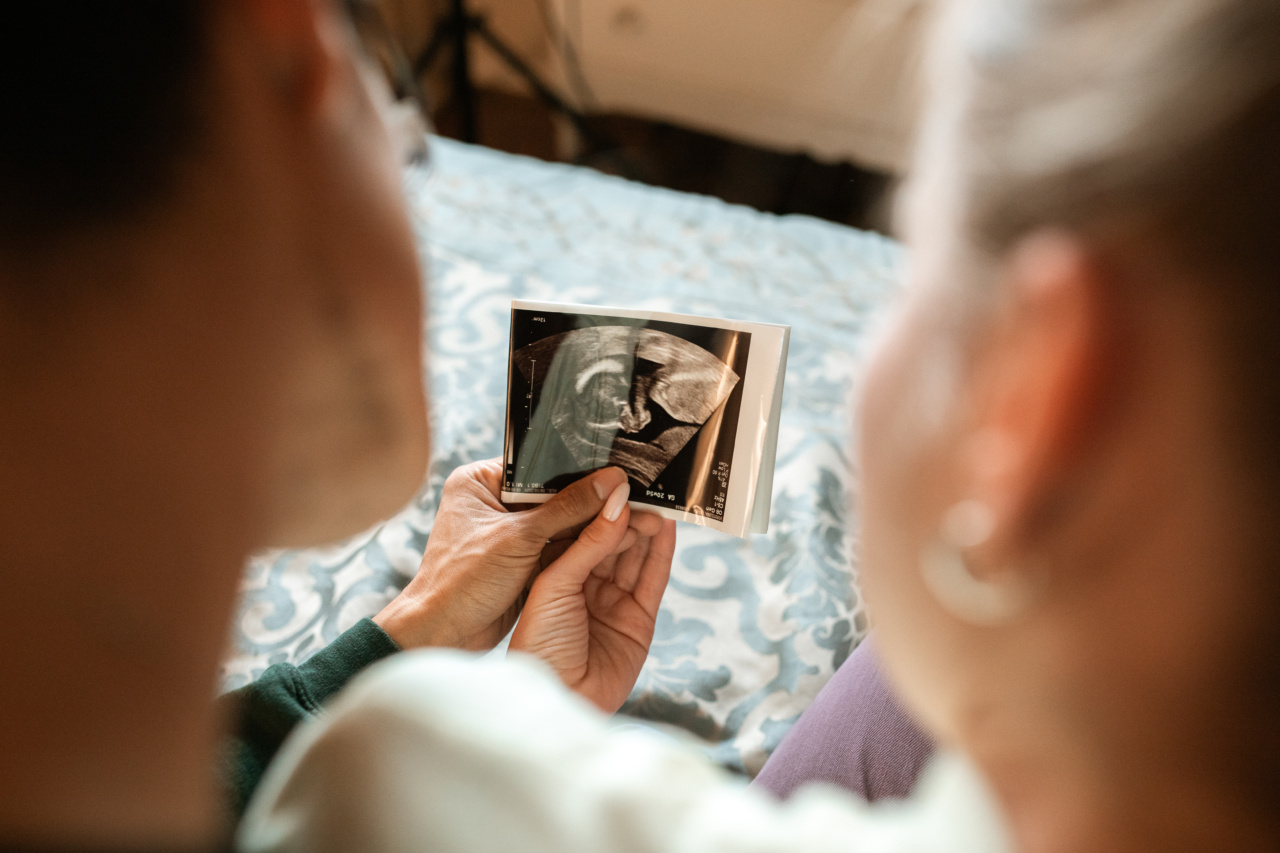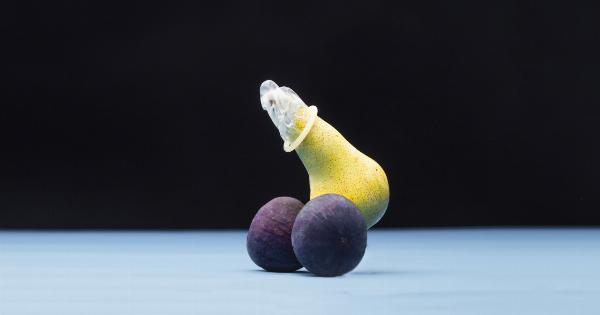Birth control methods have been widely used by women around the world to prevent unwanted pregnancies. These methods can range from hormonal pills to intrauterine devices (IUDs), patches, injections, and implants.
While birth control is proven to be highly effective in preventing pregnancy when used correctly and consistently, there has been ongoing debate and research about the potential long-term effects on female fertility.
Understanding Female Fertility
Female fertility is the ability to conceive and carry a pregnancy to term.
It is influenced by various factors, including the regularity and timing of menstrual cycles, the quality of the eggs produced by the ovaries, and the overall reproductive health of the woman.
The Impact of Hormonal Birth Control on Fertility
Hormonal birth control methods, such as the pill, patch, injection, and implant, work by altering the natural hormonal balance in a woman’s body to prevent ovulation, fertilization, or implantation.
While these methods are highly effective in preventing pregnancy, there can be temporary changes to a woman’s fertility when using hormonal birth control.
When a woman stops using hormonal birth control, it may take some time for her body to resume its natural hormone production and regain regular menstrual cycles. This temporary delay in fertility is known as post-pill amenorrhea.
For most women, fertility returns within a few months, but it can take up to a year or longer for some women.
The Impact of Long-Term Birth Control Use on Fertility
Research on the long-term effects of birth control methods on female fertility is limited and often conflicting.
Some studies suggest that prolonged use of hormonal birth control methods may lead to a delay in fertility restoration after discontinuation, while others show no significant impact on fertility.
One study published in the journal Obstetrics & Gynecology analyzed the time it took for women to conceive after discontinuing various birth control methods.
The study found that women who had used hormonal birth control methods, such as the pill or the injection, took slightly longer to conceive compared to women who had used non-hormonal methods or no contraception at all. However, the difference in fertility rates between the groups was relatively small.
It is important to note that while there may be a temporary delay in fertility restoration after stopping birth control, the majority of women are still able to conceive within a reasonable time frame.
Factors such as age, overall health, and previous fertility history may also play significant roles in a woman’s ability to conceive after discontinuing birth control.
The Role of IUDs
Intrauterine devices (IUDs) are a popular form of long-acting reversible contraception. They can be either hormonal or non-hormonal.
Hormonal IUDs release a small amount of progestin into the uterus, which thickens cervical mucus and prevents sperm from fertilizing an egg. Non-hormonal copper IUDs create an environment toxic to sperm, preventing fertilization.
Both hormonal and non-hormonal IUDs are considered highly effective methods of birth control. Their effectiveness is not affected by long-term use, and they do not have a direct impact on future fertility.
Once an IUD is removed, fertility typically resumes quickly.
Factors Influencing Fertility After Birth Control
While birth control methods have been extensively studied, it is crucial to understand that other factors can influence female fertility after discontinuing birth control. These factors include:.
Age
A woman’s age plays a significant role in her fertility. Fertility declines naturally as a woman gets older, especially after the age of 35.
Therefore, age-related factors should be considered when assessing fertility after discontinuing birth control.
Underlying Health Conditions
Certain underlying health conditions, such as polycystic ovary syndrome (PCOS) or endometriosis, can affect fertility. These conditions may require additional medical intervention to achieve pregnancy, regardless of contraceptive history.
Lifestyle Factors
Lifestyle factors, including smoking, excessive alcohol consumption, poor nutrition, and obesity, can impact fertility.
Adopting a healthy lifestyle can improve overall reproductive health and enhance the chances of conceiving after discontinuing birth control.
The Importance of Preconception Care
When considering discontinuing birth control and trying to conceive, it is recommended to engage in preconception care.
Preconception care involves making lifestyle changes, such as improving nutrition, taking folic acid supplements, and ensuring vaccinations are up to date. Regular visits to a healthcare provider can help assess overall reproductive health and identify any potential barriers to fertility.
Conclusion
The connection between birth control and lowered female fertility is complex and often influenced by various factors.
While some temporary delays in fertility restoration may occur after discontinuing birth control, the majority of women can conceive within a reasonable time frame. It is important for individuals considering pregnancy to engage in preconception care and address any underlying health issues that may impact fertility.
By taking these proactive steps, women can optimize their chances of conceiving and maintaining a healthy pregnancy.






























